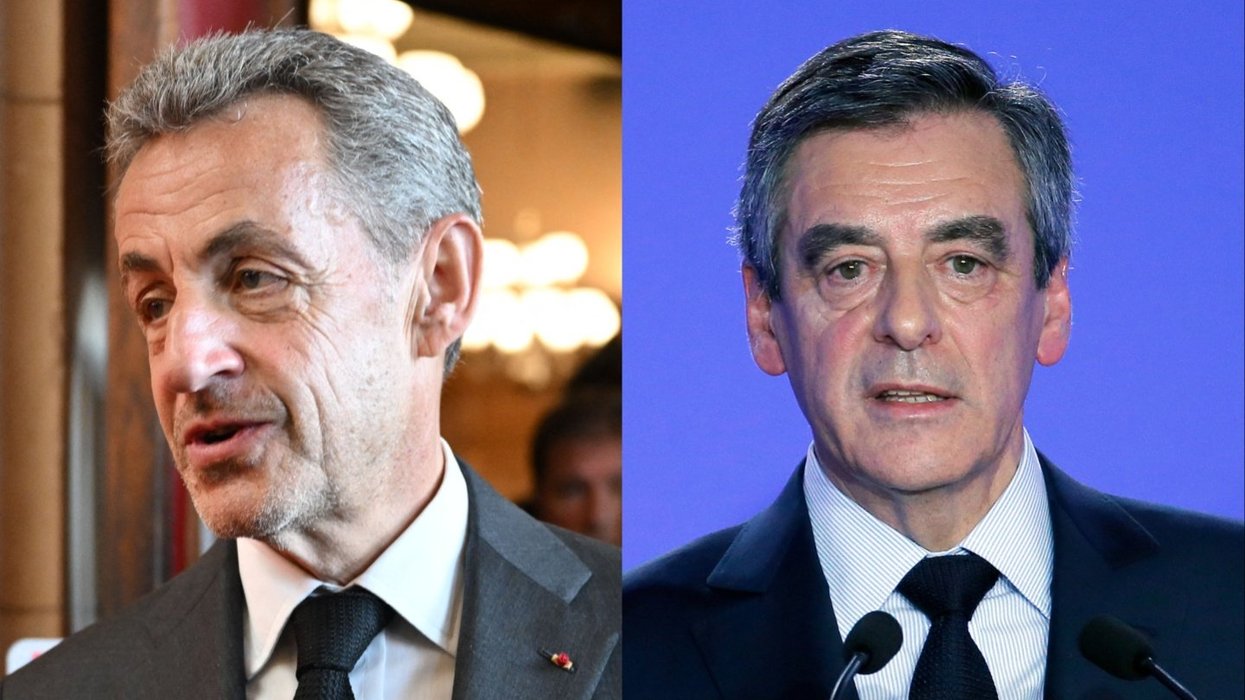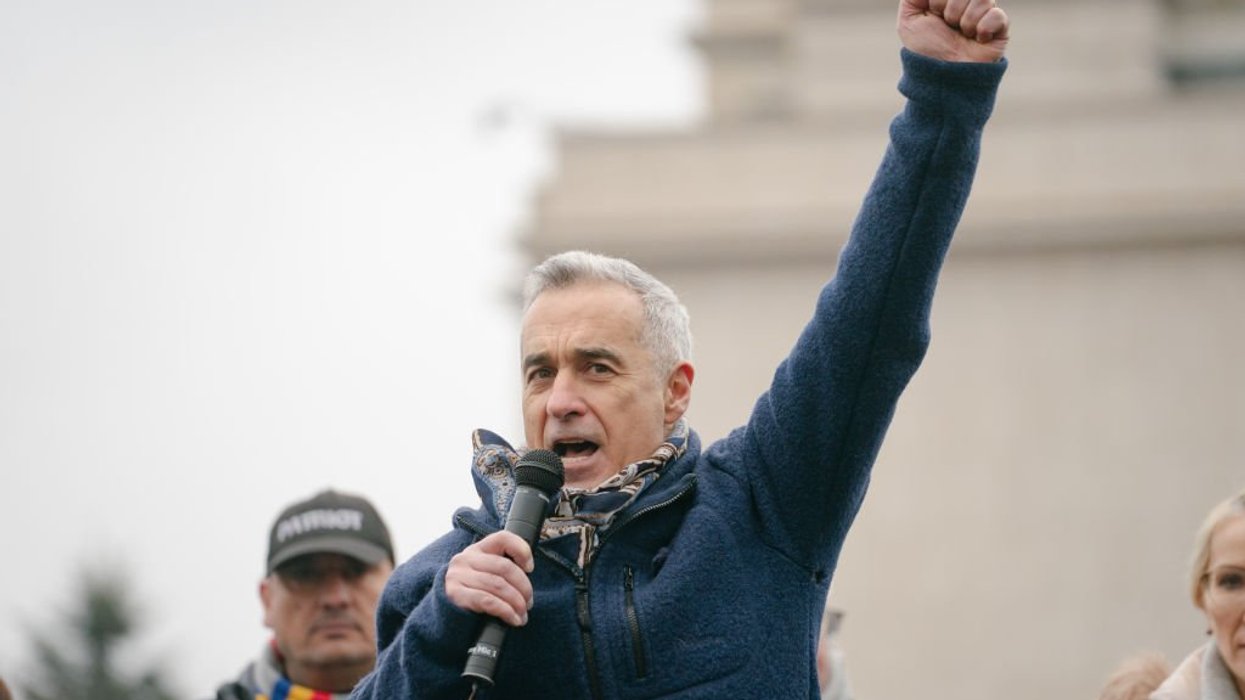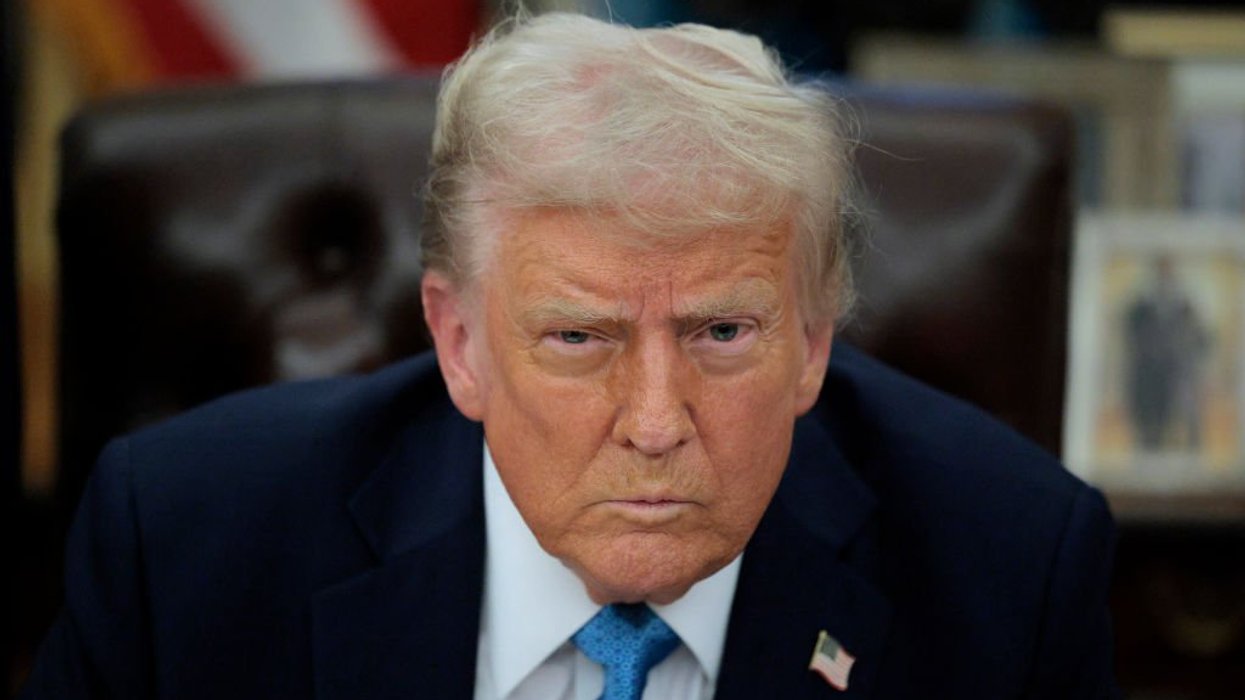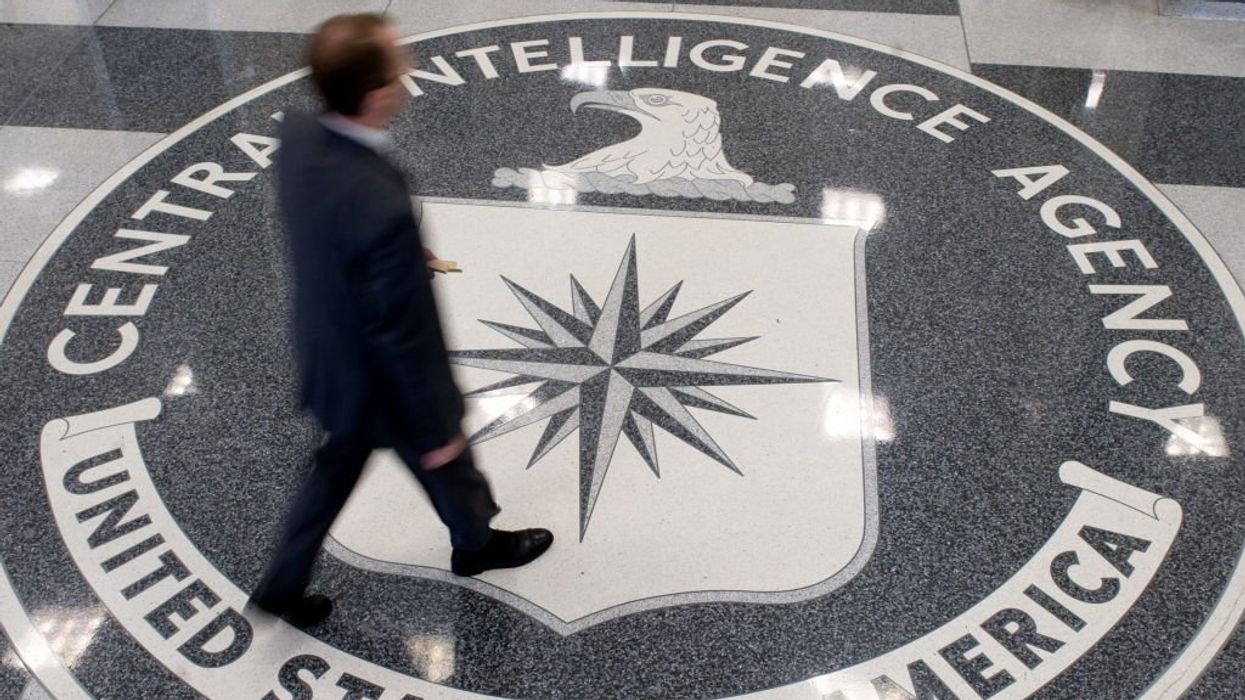Look at this sentence from Fareed Zakaria:
“Certainly we should try to identify such people and help treat and track them.”
And compare it to this sentence from my blog yesterday:
“Whether you think we should go with Ryan’s plan or you’d rather just raise taxes only on Republican millionaires by 445,000%—we need to do something.”
I know, I know. The nerve. I can’t believe he lifted “we should.”
Ok, maybe that’s not plagiarism, but Zakaria’s column in Time magazine definitely was.
Adam Winkler, a professor of constitutional law at UCLA, documents the actual history in Gunfight: The Battle over the Right to Bear Arms in America. Guns were regulated in the U.S. from the earliest years of the Republic. Laws that banned the carrying of concealed weapons were passed in Kentucky and Louisiana in 1813. Other states soon followed: Indiana in 1820, Tennessee and Virginia in 1838, Alabama in 1839 and Ohio in 1859. Similar laws were passed in Texas, Florida and Oklahoma. As the governor of Texas (Texas!) explained in 1893, the "mission of the concealed deadly weapon is murder. To check it is the duty of every self-respecting, law-abiding man."
Compare that in its organization to this paragraph from a Jill Lepore New Yorker article from April:
As Adam Winkler, a constitutional-law scholar at U.C.L.A., demonstrates in a remarkably nuanced new book, “Gunfight: The Battle Over the Right to Bear Arms in America,” firearms have been regulated in the United States from the start. Laws banning the carrying of concealed weapons were passed in Kentucky and Louisiana in 1813, and other states soon followed: Indiana (1820), Tennessee and Virginia (1838), Alabama (1839), and Ohio (1859). Similar laws were passed in Texas, Florida, and Oklahoma. As the governor of Texas explained in 1893, the “mission of the concealed deadly weapon is murder. To check it is the duty of every self-respecting, law-abiding man."
Shocking? Not to me. I’ve been saying it for a long time. Fareed Zakaria sucks.
But the mainstream media is apparently only just finding this out.
CNN, Washington Post, and Time have all suspended him from his columns after the striking similarities were found.
He is also accused of plagiarizing in his extremely awful book. You know, the book this guy was reading.
It’s hard not to smile. The very guy who once questioned my own journalistic integrity has been suspended for plagiarizing. This is a man who has lied numerous times about myself and Glenn Beck, and now he’s going down in flames. Sound familiar?
Anyway, this isn’t Zakaria’s sole contribution to the demise of journalism, either. Remember when he interviewed George Soros? Oh, that’s right. You don’t—because NO ONE watches Fareed Zakaria. But, to save you the time, it was such an embarrassing hack job, that honestly, the plagiarism thing was actually an improvement.
This once glorified journalist is the guy who is giving commencement speeches at prestigious universities like Duke and Harvard.
Yeah, about those commencement speeches…
Zakaria’s Harvard and Duke commencement speeches were essen¬tially identical, built around the same anecdotes and points and often the same language.The addresses have set some at Harvard and Duke atwitter.
“I spoke to him while he was here,” said one Duke employee, “and I got the strong impression from him that his Harvard speech would be a different presentation. Oh, well, at least Duke got it first.”
Not all of it, actually. Zakaria hit many of the same notes, including the line about ethics, in an address to the Johns Hopkins University class of 2011. He also used some of them for the Brown University class of 2009 and the Yale University class of 2007.
You have to love the money quote from his oft-repeated speech:
“You don’t need an ethics course to know what you shouldn’t do.’’
Hmmmm…seems like you do, Fareed.

![obama-zakaria_thumb[2]](/publish/uploads/2012/08/obama-zakaria_thumb2.jpeg)











